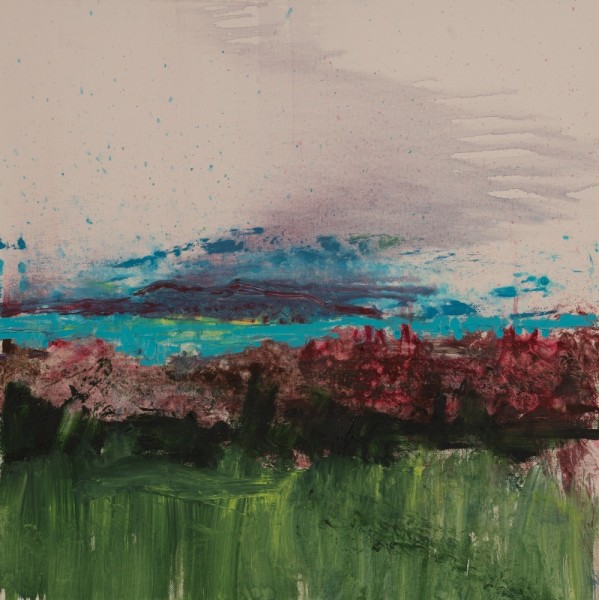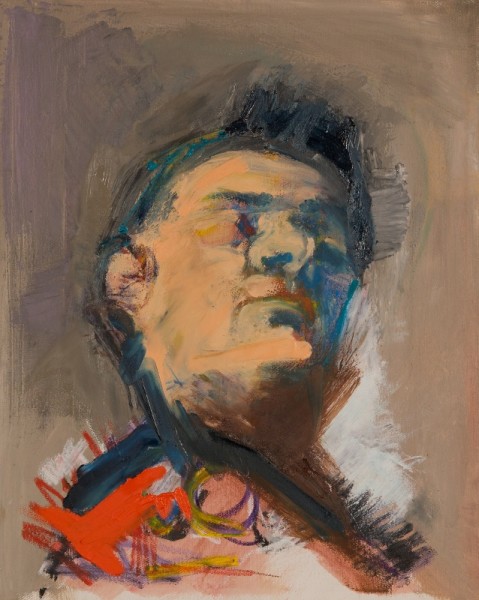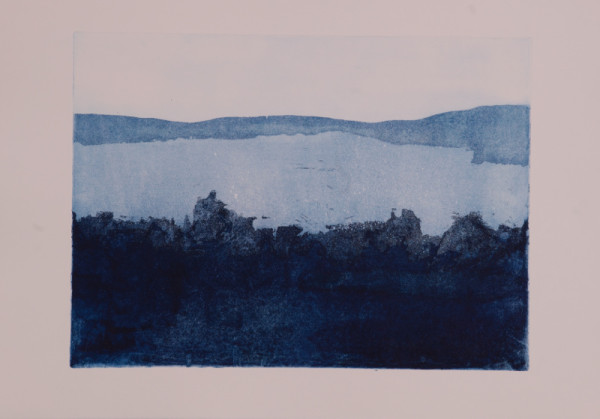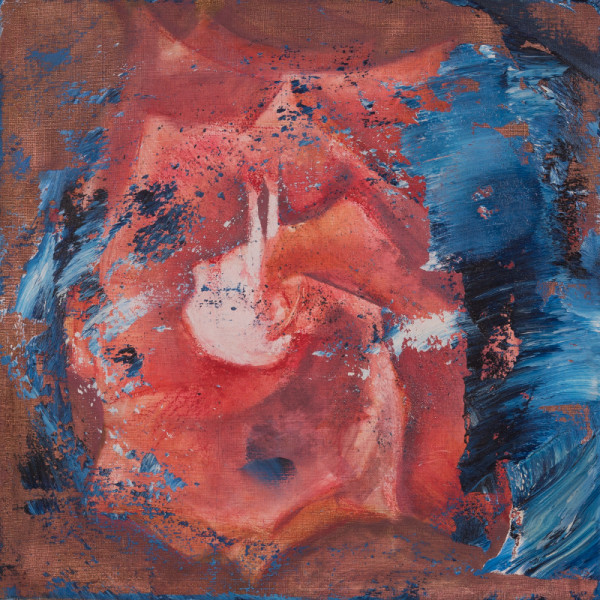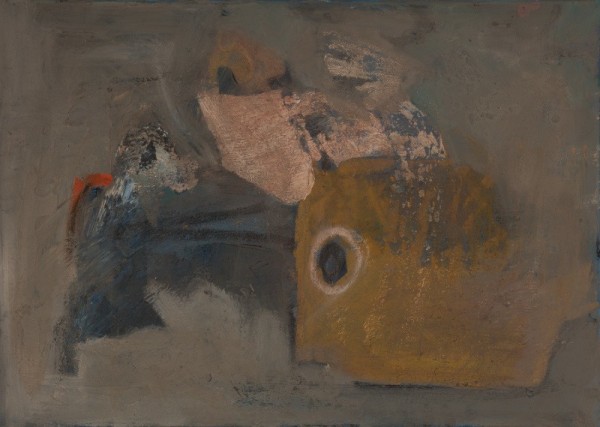“My recent work is mostly tied in with emotions; allowing myself to paint instinctively, often making marks faster than they are processed in thought.”
Dénes Maróti, Budapest, March 2018
Maróti’s landscape paintings explore the notion that a landscape changes over time, much like a person does. His representations of the landscape he paints are not topographical; instead, he uses abstract techniques and gestural marks to evoke memories of a time and place. What is significant in Maróti’s work is capturing a sense of what it was like to be somewhere, rather than how it literally appeared. In his view, this creates a far more ‘real’ landscape than a painting from a photograph does. Repetition of images is key to his work and he uses light and dark to show how differently the same place can appear at various times of day.
Similarly, Maróti’s portraits are predominantly concerned with memory and self-expression over reality. Though much of his practice is rooted in tradition and his work strewn with classical imagery, the portraits in this exhibition are by no means naturalistic. He is experimental in his approach to painting, in that he controls the colours, but lets shapes and forms emerge in his work. To a certain extent, he allows his paintings to lead and reveal themselves. It is this juxtaposition between unpredictability and control that the artist is continually exploring, resulting in enigmatic works that engage and often challenge the viewer.
The focus of this exhibition is Maróti’s painting process, with the landscape and portrait imagery serving as vehicles for his experimentation and continual artistic investigations. He uses a combination of brushes, palette knife and his own hands to apply and remove paint - rubbing and texturing the surface of his paintings. The application and removal of paint suggests layers of memory which intensify and fade away.
